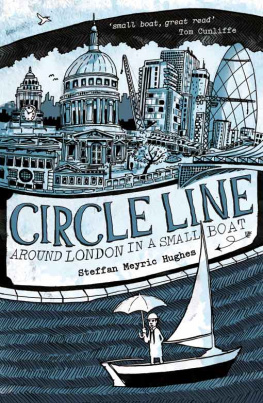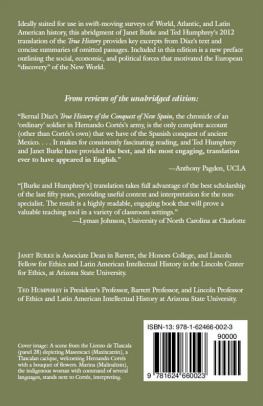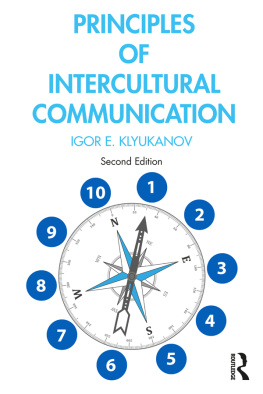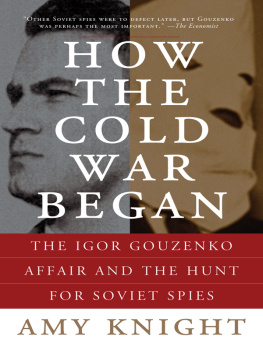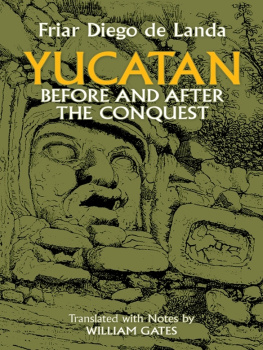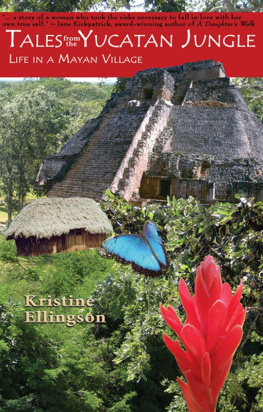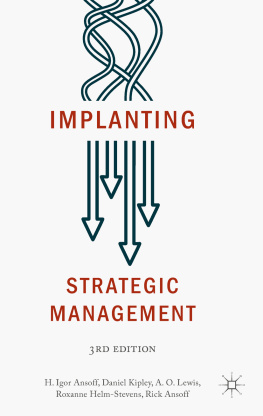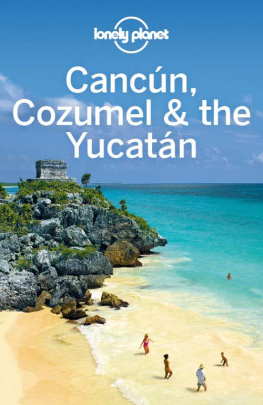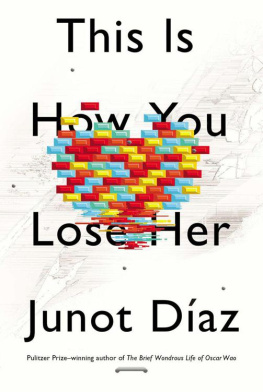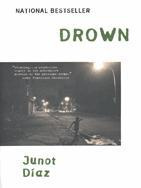CEDLA Latin America Studies (CLAS)
General Editor
Michiel Baud, CEDLA
Series Editorial Board
Anthony Bebbington, Clark University
Edward F. Fischer, Vanderbilt University
Anthony L. Hall, London School of Economics and Political Science
Barbara Hogenboom, CEDLA
Barbara Potthast, University of Cologne
Rachel Sieder, University of London
Eduardo Silva, Tulane University
Patricio Silva, Leiden University
CEDLA
Centro de Estudios y Documentacin Latinoamericanos
Centro de Estudos e Documentao Latino-Americanos
Centre for Latin American Research and Documentation
CEDLA conducts social science and history research, offers university courses, and has a specialized library for the study of the region. The Centre also publishes monographs and a journal on Latin America.
Keizersgracht 395-397
1016 EK Amsterdam
The Netherlands/Pases Bajos
http://www.cedla.uva.nl
For information on previous volumes published in this series, please contact CEDLA at the above address.
Volume 98
Latin America Facing China: South-South Relations beyond the
Washington Consensus
Edited by Alex E. Fernndez Jilberto and Barbara Hogenboom
Volume 99
Foodscapes, Foodfields, and Identities in Yucatn
Steffan Igor Ayora-Diaz
Published in 2012 by
Berghahn Books
www.berghahnbooks.com
2012 Steffan Igor Ayora-Diaz
First ebook edition published in 2012
All rights reserved. Except for the quotation of short passages for the purposes of criticism and review, no part of this book may be reproduced in any form or by any means, electronic or mechanical, including photocopying, recording, or any information storage and retrieval system now known or to be invented, without written permission of the publisher.
Library of Congress Cataloging-in-Publication Data
Ayora-Diaz, Steffan Igor.
/ Steffan Igor Ayora-Diaz.1st ed.
p. cm.(Latin America studies)
Includes bibliographical references and index.
ISBN 978-0-85745-220-7 (hardback : alk. paper)
ISBN 978-0-85745-334-1 (ebook)
1. Food habitsMexicoYucatn (State) 2. Food preferencesMexicoYucatn (State) 3. Cooking, MexicanMexicoYucatn (State) 4. Yucatn (Mexico : State)Social life and customs. I. Title.
GT2853.M6A96 2011
394.1250972'65dc23
2011037632
British Library Cataloguing in Publication Data
A catalogue record for this book is available from the British Library.
ISBN 978-0-85745-220-7 hardback
ISBN 978-0-85745-334-1 ebook
Acknowledgments
It is impossible to carry out an anthropological project without the participation of innumerable colleagues, friends, institutions, and the many individuals who, during and after participating in my research, became friends. Following established conventions, I sign this book with my proper name, but I could not have written it without the multitude involved in its completion. Moreover, although anthropological fieldwork is most often a lonely task, I had the incomparable advantage of always counting on my wife and fellow anthropologist, Gabriela Vargas Cetina, to discuss my findings and to challenge my interpretations.
Writing the research project on which this book is based was made possible thanks to the institutional support of Francisco Fernndez Repetto, former director of the Faculty of Anthropological Sciences at the Autonomous University of Yucatn (UADY), and Ral Godoy Montaez, former rector of this university. Since 2007, when I returned from a one-year residency at Cornell University, Genny Negroe Sierra, current director of the Faculty of Anthropological Sciences, has been very supportive, and I cannot thank her enough for relieving me from many administrative obligations. During the years 2000-2006, I conducted research in Mrida and benefited from intellectual and gastronomic exchanges with Diana Arizaga, Andrea Cucina, Francisco Fernndez Repetto, Lilia Fernndez Souza, Arehmi Mendiburu Carrillo, Genny Negroe Sierra, Vera Tiesler, and Pilar Zabala. At an early stage in the project, Guadalupe Cmara Gutirrez, Roger Aguilar, Oscar Arango, and Celia Rosado Avils kindly helped me to locate references, cookbooks, and cooks willing to talk to me. Also, at the Social Sciences Library of the UADY, Edgar Santiago Pacheco and Flor Lpez Bates often helped me to locate rare cookbooks and other reference works. The UADY's Review Board judged my application positively for a sabbatical leave. Without this opportunity, which I took during the academic year 2006-2007, it would have been difficult to accomplish the writing of this book.
I was fortunate to have the extraordinary opportunity to spend my sabbatical leave at Cornell University's Society for the Humanities. A fellowship from the Society gave me the opportunity to think, write, rethink, and rewrite in a context of respectful interdisciplinary discussion. This inspiring environment was made possible thanks to the generosity and friendship of the director of the Society, Brett DeBary, and, during her leave, the acting director, Timothy Conway Murray. The fellows of the Society throughout this period always engaged in a respectful exchange of ideas. I am grateful for the questions and challenges posed, in particular, by Sarah Evans, Jenny Mann, Natalie Melas, Stanka Radovik, Micol Seigel, Suman Seth, and Noa Vaisman. Fuyuki Kurasawa joined the Society's weekly conversations and lunch, and I appreciated the opportunity to converse about my argument with him. Also, while at Cornell, I enjoyed academic and gastronomic exchanges with Frederic Gleach, Vilma Santiago-Irizarry, Jane Fajans, Terry Turner, Natalie Melas, and Rames Elias, all of whom made conviviality a high point of my stay in Ithaca. The library services at Cornell were always efficient and prompt in locating cookbooks and other reference works. For their kind support, I extend thanks to the Society's staff: Mary Ahl, Linda Allen, and Lisa Patty.
Some of the ideas developed here were presented in a somewhat inchoate fashion at different forums. Tracey Heatherington and Bernard C. Perley invited me to discuss the themes in in the seminar on globalization that she coordinates at the Universidad Iberoamericana in Mexico City.
Thinking about gastronomy would be impossible without a general framework of reference. I have been very fortunate to have the friendship of great gourmands in different parts of the world: Marie-France Labrecque and Francine Saillant in Quebec City; Catherine Lussier and Igor Boudnikov in Montreal; Allan and Josephine Smart, the late Herman Konrad, Candy Arceo, Cathy Work, and Brian Ronaghan in Calgary; Tracey Heatherington and Bernie C. Perley in Canada and Milwaukee; Ramona Perez in San Diego and at American Anthropological Association conferences; and Maya Radicconcini in New York, Philadelphia, San Francisco, and Rome. I have also enjoyed friendships with other connoisseurs of good food: Teresa Carb, the late Victor Franco Pellotier, and Teresa Rojas Rabiela in Mexico City; Pablo Farias Campero, Patricia Velsco, Walda Barrios, and Antonio Mosquera in San Cristbal de las Casas, the late David Halperin in Comitn de las Flores, Chiapas; Teodora Zamudio in Buenos Aires; Gabriella da Re, Alessandra Guigoni, Gianetta Murru-Corriga, and Franco Corriga in Cagliari; the Giaccu family in Nuoro and Villagrande Strisaili; the Loi families in Talana, Cagliari, and Rome; Anna Paini in Felino, Parma, and Verona; and Adriana Destro and Mauro Pesce in Bologna. In Rome, Lazio, and Tuscany, we have been taken to the most incredible




